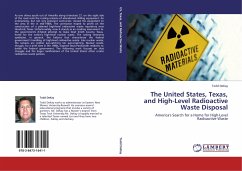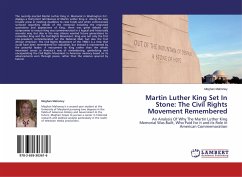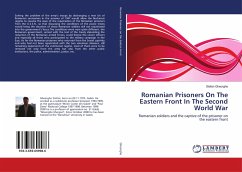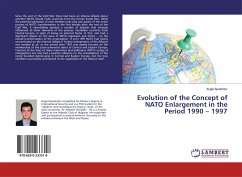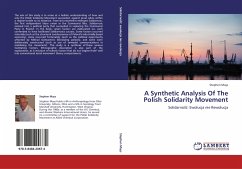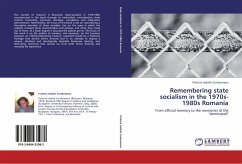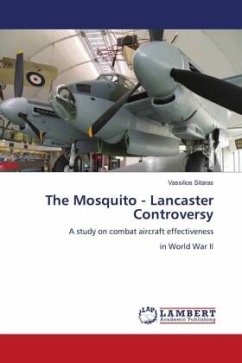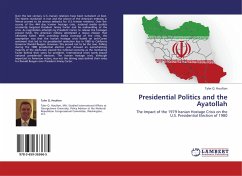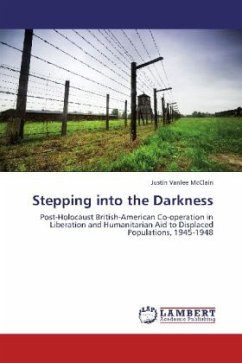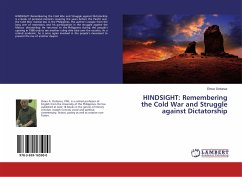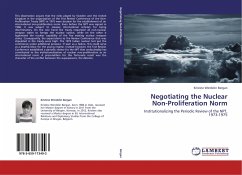
Negotiating the Nuclear Non-Proliferation Norm
Institutionalizing the Periodic Review of the NPT, 1973-1975
Versandkostenfrei!
Versandfertig in 6-10 Tagen
39,99 €
inkl. MwSt.

PAYBACK Punkte
20 °P sammeln!
This dissertation argues that the roles played by Sweden and the United Kingdom in the organization of the first Review Conference of the Non-Proliferation Treaty (NPT) in 1975 were decisive for the establishment of an international non-proliferation norm. Even before the NPT was signed in 1968, it was subject to massive international criticism for being discriminatory. On the one hand the treaty requested all non-nuclear weapon states to forego the nuclear option, while on the other it legitimized the nuclear capability of the five existing nuclear weapon states. Consequently, the expectation...
This dissertation argues that the roles played by Sweden and the United Kingdom in the organization of the first Review Conference of the Non-Proliferation Treaty (NPT) in 1975 were decisive for the establishment of an international non-proliferation norm. Even before the NPT was signed in 1968, it was subject to massive international criticism for being discriminatory. On the one hand the treaty requested all non-nuclear weapon states to forego the nuclear option, while on the other it legitimized the nuclear capability of the five existing nuclear weapon states. Consequently, the expectations to the Review Conference that was stipulated in the treaty were high. The 1974 Indian nuclear test put the conference under additional pressure. If seen as a failure, this could serve as a deathly blow for the young regime. Instead however, the first Review Conference established a periodic review for the NPT that undoubtably has contributed to the institutionalization of nuclear non-proliferation as an international norm. A precondition for this fortunate result was the character of the conflict between the superpowers, the détente.



